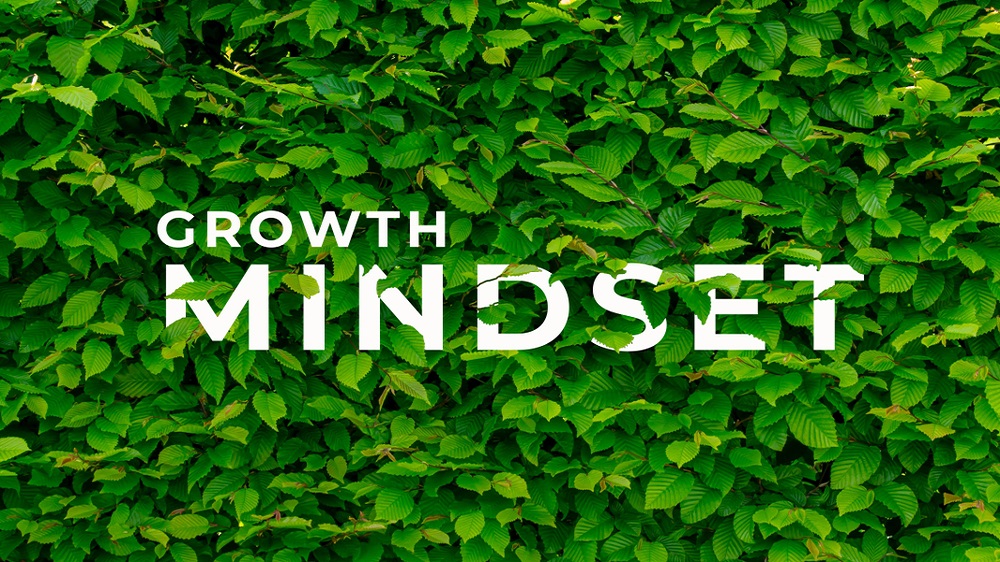We become more different from each other as we age. What does this tell us about ourselves?
Scientists are discovering that we have more capacity for lifelong learning than ever imagined. Being willing to learn as we age may be one reason why our differences widen.
Ageing clearly affects us differently, and some changes in functionality are to be expected. How we deal with those changes can reflect our mindset.
With a growth mindset, we take the view that every situation may provide an opportunity for new experience and return on effort.
With a fixed mindset, we tend to react negatively to opportunities and are unwilling take them up because of the fear of failure or criticism.
The mindset approach was developed by Dr Carol Dweck of Stanford University, who has written several readable books on the subject. The best known is (surprise!) ‘Mindset’.
Mindset differences are not just a characteristic of older people. They have been identified at all ages.
Mindsets reflect our beliefs about our basic qualities, such as intelligence, talents, personality. To think they are unchanging implies a fixed mindset, whereas a growth mindset would suggest that these qualities can change and develop.
There’s no escaping negative experiences but a growth mindset can apply the learning from them to boost knowledge and seek more favourable outcomes.
Mindset and longevity
Intuitively you would probably expect a growth mindset to be more likely to enhance quality of life at all ages because it reflects a more purposeful outlook. This seems to be the case.
- People who gave up on their efforts to achieve positive outcomes tended to have shorter remaining life spans
- Individuals with positive perceptions of ageing on average lived longer than those with less positive perceptions
- A positive emotional style was shown to be associated with a higher resistance to infection
It would be stretching things to conclude that a positive emotional style, supported by a growth mindset was a panacea for solving all the issues of ageing.
But these ‘straws in the wind’ seem to be blowing the same way, suggesting we have some ability to influence outcomes.
Taking action
Being better informed about how our longevity may play out provides a framework for taking some control.
A longevity plan provides a more informed framework. Having a sense of what is important gives a focus to the journey.
It seems that a growth mindset can support that focus with a more engaged outlook and maybe achieving a more satisfying quality of life.
There is a story that in his 90’s the famous cellist Pablo Casals was approached by a student who asked ‘maestro, why are you still practising?’ He replied ‘because I am still learning’.
